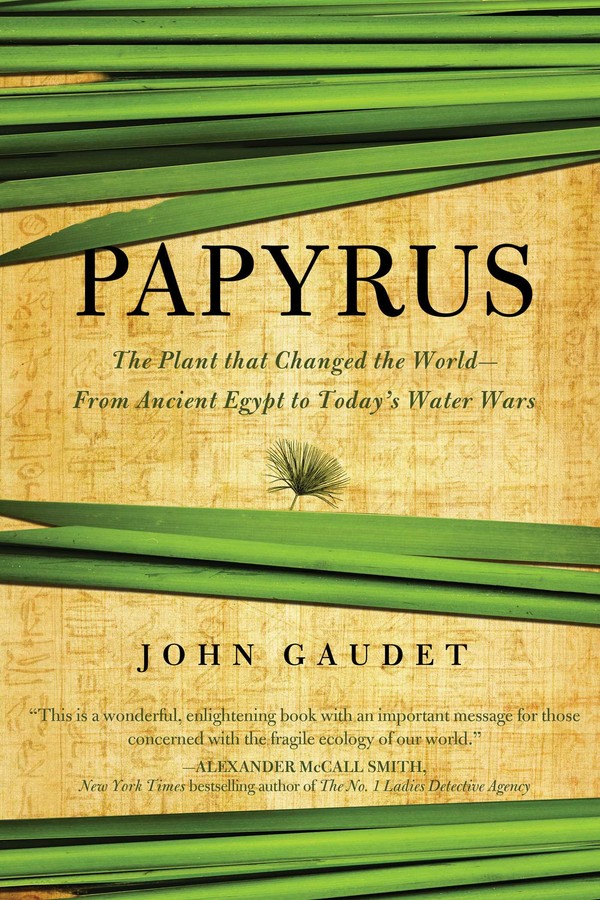Plus, receive recommendations and exclusive offers on all of your favorite books and authors from Simon & Schuster.
Table of Contents
About The Book
From ancient Pharaohs to 21st Century water wars, papyrus is a unique plant that is now the fastest growing plant species on earth. It produces its own “soil”—a peaty, matrix that floats on water—and inspired the fluted columns of the ancient Greeks. In ancient Egypt, the papyrus bounty from the Nile delta provided not just paper for record keeping—instrumental to the development of civilization—but food, fuel and boats. Disastrous weather in the 6th Century caused famines and plagues that almost to wipe out civilization in the west, but it was papyrus to the rescue. Today, it is not just a curious relic of our ancient past, but a rescuing force for modern ecological and societal blight. In an ironic twist, Egypt is faced with enormous pollution loads that forces them to import food supplies, and yet papyrus is one of the most effective and efficient natural pollution filters known to man. Papyrus was the key in stemming the devastation to the Sea of Galilee and Jordan River from raging peat fires (that last for years), and the papyrus laden shores of Lake Victoria—which provides water to more than 30 million people—will be crucial as the global drying of the climate continues.
Product Details
- Publisher: Pegasus Books (May 15, 2015)
- Length: 272 pages
- ISBN13: 9781605988283
Browse Related Books
Resources and Downloads
High Resolution Images
- Book Cover Image (jpg): Papyrus Trade Paperback 9781605988283












